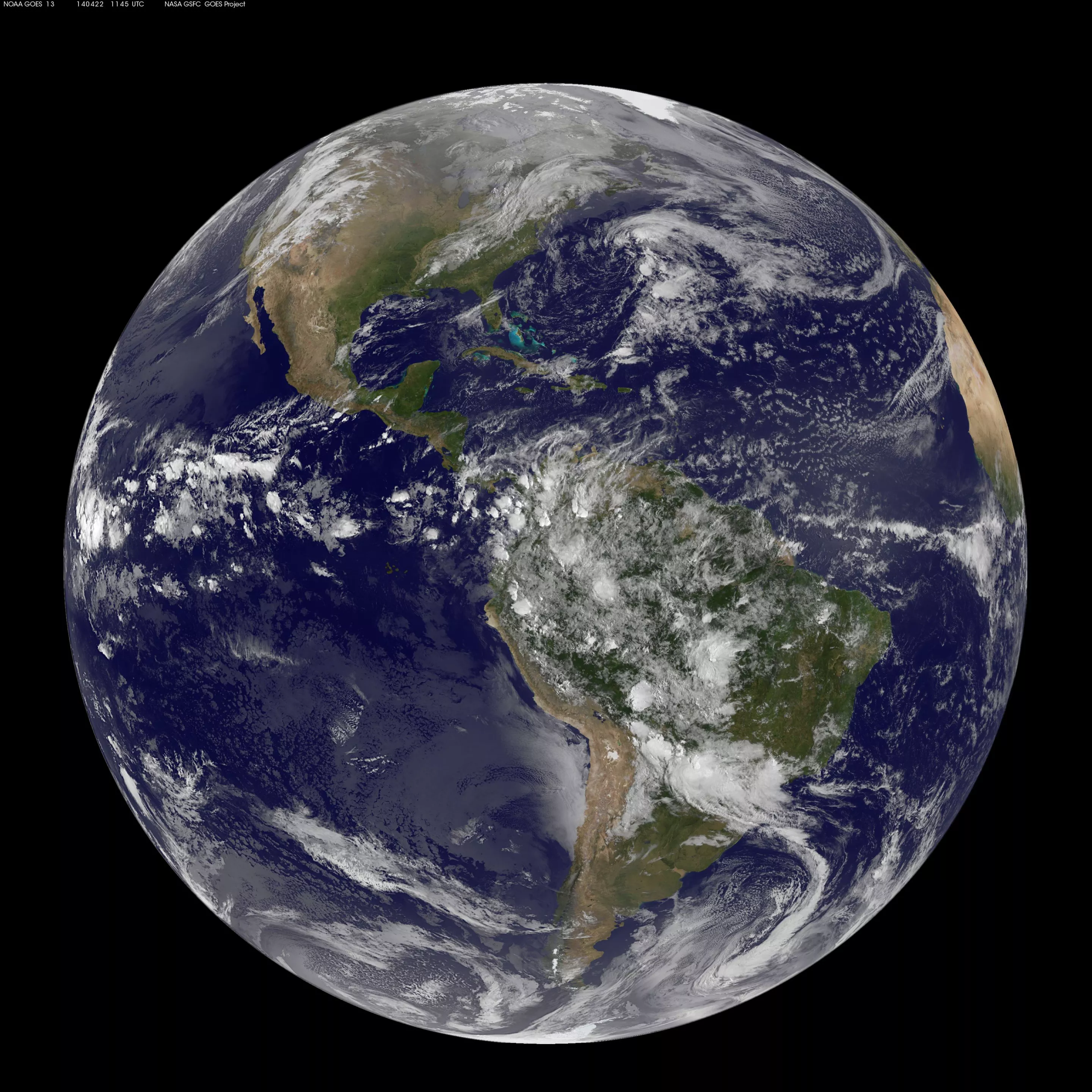A new study has revealed that Earth’s glaciers have lost a staggering amount of ice over the last two decades, and the rate of loss is accelerating. The global effort used satellite data to track the deteriorating condition of some 220,000 glaciers, which are suffering from the warming effect of climate change.
Glaciers are essentially masses of dense ice that form inland from accumulated snow, and then travel downhill under the influence of their own weight. These frozen bodies are considered to be an excellent indicator for the progression of climate change, as they are extremely sensitive to fluctuations in temperature brought about by this phenomenon.
Countless studies have been published detailing the effects of climate change on glaciers, and how meltwater from these bodies is exacerbating the issues surrounding Earth’s rising global sea level. However, these studies often focus on specific glaciers or regions.
The new study has sought to gain a more complete understanding of global glacier retreat by analyzing satellite data from all of the world’s glaciers. The team responsible drew data on around 220,000 glaciers collected by NASA’s Terra satellite, detailing changes to glacier mass and thickness over the course of the last two decades.
Terra is equipped with a multi-spectral imaging camera capable of producing high-resolution stereo imagery, and orbits Earth at an altitude of around 700 km (435 miles) above the surface, which allows it to complete an orbit of our planet once every 100 minutes. Over the course of 18 months, the researchers analyzed the data with the help of a supercomputer at Canada's University of Northern British Columbia.
The team discovered that Earth’s glaciers lost a staggering 267 billion tonnes (gigatonnes) of ice on average per year between 2000 and 2019. The meltwater from the glaciers is estimated to have accounted for 21 percent of sea level rise cataloged during this period.
Furthermore, it was found that the rate of ice loss is accelerating significantly. From 2000 to 2004, ice was being lost at an average rate of around 227 gigatonnes per year. However, from 2015 to 2019 the rate of loss increased to 298 gigatonnes on average.
Many of the fastest melting glaciers are located in mountainous regions such as the Himalayas and the Alps.
"The situation in the Himalayas is particularly worrying," said Romain Hugonnet, lead author of the study and researcher at ETH Zurich and France's University of Toulouse. "During the dry season, glacial meltwater is an important source that feeds major waterways such as the Ganges, Brahmaputra and Indus rivers.
“Right now, this increased melting acts as a buffer for people living in the region, but if Himalayan glacier shrinkage keeps accelerating, populous countries like India and Bangladesh could face water or food shortages in a few decades."
Whilst the majority of glaciers lost ice mass, there were some exceptions to the rule, with glaciers in certain areas actually putting on extra ice mass. These exceptions were brought on by anomalous weather events.
Moving forward, the research will be used to help inform world leaders as to the state of Earth’s glaciers, and the potential ramifications of their continued decline.
A paper on the study has been published in the journal Nature.
Source: ETH Zurich




